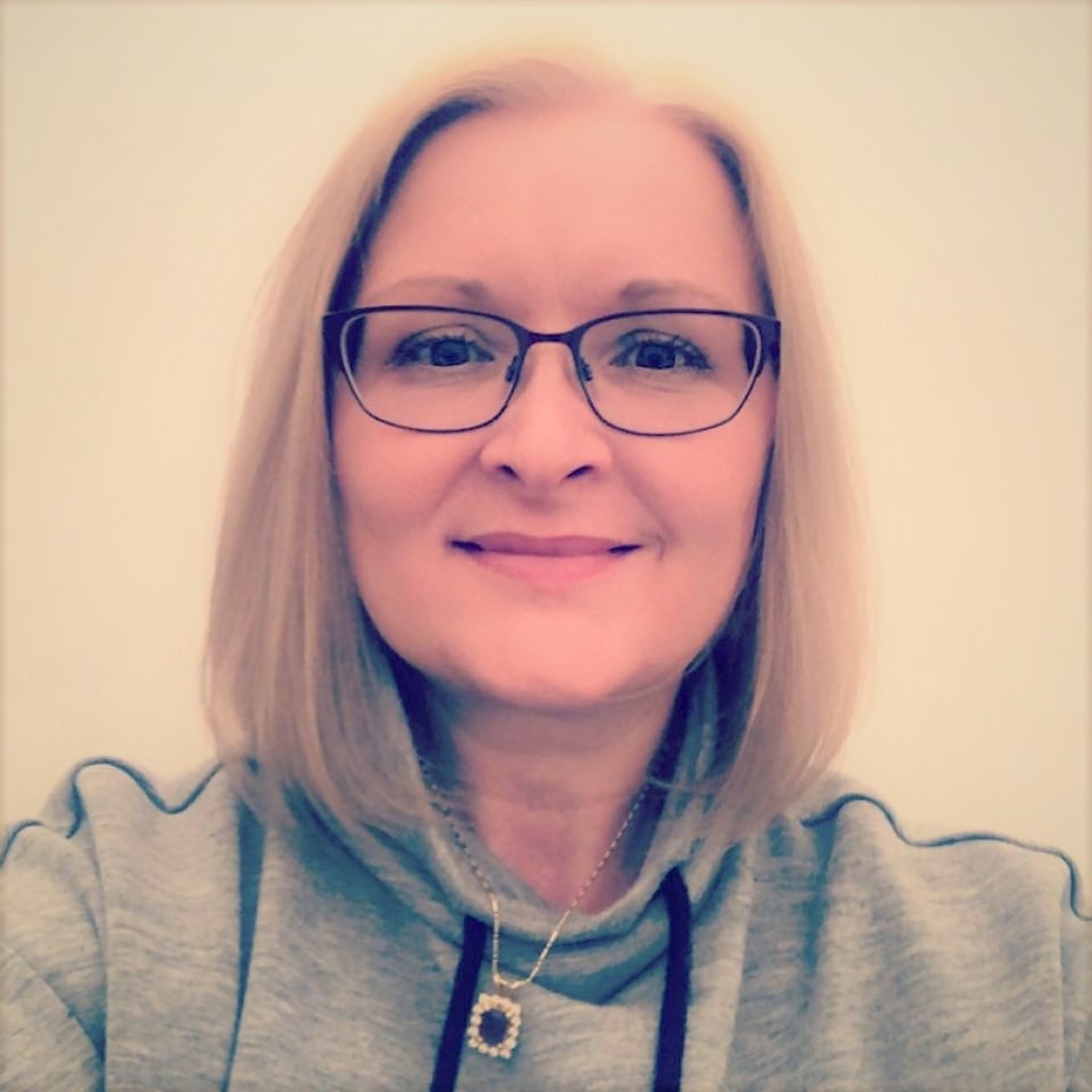Dr Elizabeth Hughes was a molecular biologist, her PhD led to the discovery of a dormant HIV population in the brain, and a first-author paper with over 100 citations. She took a career break to raise her children and in the interim she ran a business with her husband. Even with her new perspective and skills and excitement to re-engage with the scientific community, when looking to re-enter her research career after 15 years, she was just not hearing back from many roles she applied for.
“I didn’t have enough hands-on experience of new techniques that had come out in molecular biology. And when I came back, the landscape was so different to when I left. Some were saying I was overqualified because I had a PhD but didn’t have enough hands-on experience of new techniques, so it was very difficult.”
Due to the rapid pace that science and technology moves, Elizabeth applied for a Fellowship with the Daphne Jackson Trust, who are dedicated to supporting researchers in STEM (We also support research in the Art & Humanities and social sciences) who had left their careers for family, health or caring reasons. “It was through a friend of mine that I spoke with Dr Edward Wallace, my now supervisor at the University of Edinburgh. There wasn’t funding at the time, we kept in touch and then he found the Daphne Jackson Trust Fellowship”.
“I’ve had the most amazing experience, because of The Daphne Jackson Trust and also because of the lab and University I am in. My supervisor, Edward, and the other people in the lab have really supported me throughout and have been flexible with my part-time schedule. Through the Fellowship you are also put in touch with other people who are in the same position, who you can really relate to. We have a Scottish Fellows group where we get together and talk amongst peers. It’s important to spread the word of what these Fellowships can do”.
New skills, new directions
“The Daphne Jackson Fellowship gave me the opportunity to return to research through a retraining programme, which helped me grow my confidence level.” Elizabeth finished her Fellowship and has since started a position at The University of Edinburgh where she has come from working as a microbiologist, moving into bioengineering. A direction she never imagined ahead of her Fellowship. This role will involve writing a universal protocol for transforming yeast cells using robots, which ultimately could support fundamental work in human diseases.
“It will be another steep learning curve for me, but I’m quite excited about it – as it’s another new skill for me to have and I think it’s quite an important one in this day and age. When I started here, one of the big areas for me to learn was data analysis, because now you can make so much data. When I was working before in sequencing, you would do it by hand and you could analyse it yourself on one little computer. Now you get millions of reads every time you do a sequencing reaction, so you can’t physically analyse that all yourself. Informatics and programming skills are examples of hands-on training I’ve received, which I wouldn’t even think this was a career direction or role I would apply for as technology has moved on so much.”
Advice for those looking to return to the lab!
“Actually coming into the lab, meeting people to ease yourself back into science was crucial for me. Before starting my Fellowship, I had been in a few times, met people, watched and done a couple of presentations myself. It made it so much easier when it came to starting my Fellowship. I was at an advantage though, as my children were at a more independent age and could get themselves home from school, I would have struggled with much younger children. However, that’s another reason I think getting to know the people you’re working with is so helpful as they could assist with experiments which are during non-working hours.
One of the most important things you can do is find a good and supportive supervisor”.

